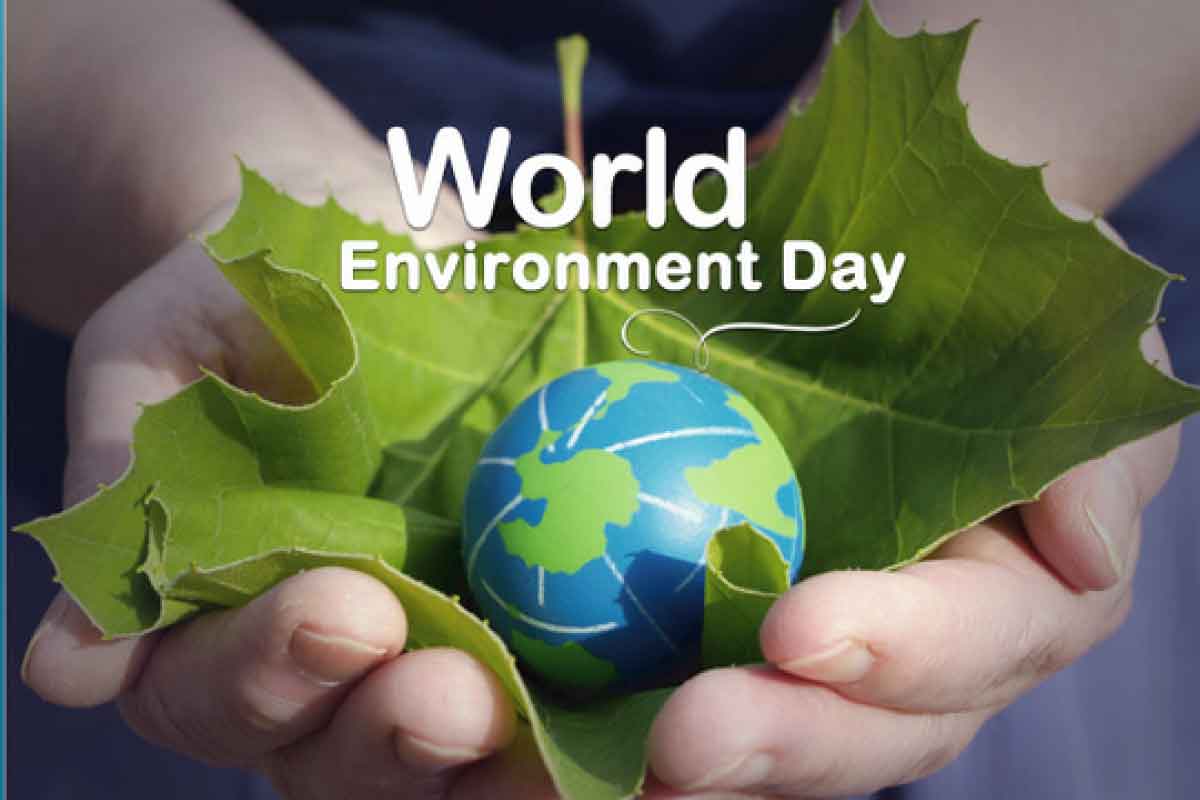
Biodiversity is the foundation that supports all life on land and below water. It affects every aspect of human health, providing clean air and water, nutritious foods, scientific understanding and medicine sources, natural disease resistance, and climate change mitigation.
Changing, or removing one element of this web affects the entire life system and can produce negative consequences.
Human actions, including deforestation, encroachment on wildlife habitats, intensified agriculture, and acceleration of climate change, have pushed nature beyond its limit.
It would take 1.6 Earths to meet the demands that humans make of nature each year. If we continue on this path, biodiversity loss will have severe implications for humanity, including the collapse of food and health systems.
The emergence of COVID-19 has underscored the fact that, when we destroy biodiversity, we destroy the system that supports human life.
Today, it is estimated that, globally, about one billion cases of illness and millions of deaths occur every year from diseases caused by coronaviruses; and about 75 per cent of all emerging infectious diseases in humans are zoonotic, meaning that they are transmitted to people by animals.
We are all recipients of an unmistakeable message today – its time for nature
Today’s World Environment Day behoves on each of us to collectively recognise the interdependence of all life on Earth. It represents a call upon our collective conscience as Nigerians to be guided by the shared misery caused by the recent global pandemic and recognise the fragile linkages that human health and existence has with nature.
The naked realities of the economic and social insecurity we are faced with has never been more obvious. If we still fail to see the connection between human health, human rights, human progress with nature now, then we open ourselves to an even more ominous future.
As a country, Nigeria is blessed with natural elements, rivers, and trees — but somewhere along the way in our pursuit to industrialise and develop, we adopted a pathway that has led us to where we are today – rapidly changing climate laced with extreme indicators of poverty.
To find our way back to the days of our flourishing flora and fauna and wide vegetation types, we must all continue to find ways to co-exist with nature. Federal, State and Local Governments must ensure we protect all remaining wild spaces, implement efficient systems of waste management, and adopt a circular economy.
The Nigerian government must ensure the observance of strong environmental impact assessments, implementation of all environmental guidelines and norms across sectors (especially extractive activities in coal, oil and gas). We must begin to build green infrastructure and support green enterprises as a pathway to a cleaner, healthier future.
Our private sector needs to account for the environment in supply chains and financing, and adopt green measures. As civil societies and individuals, we need to rethink what we buy and use, and manage our consumption of all resources responsibly. Our youth must become committed gatekeepers of a green future. The quality of our lives and the survival of our population is dependent on these actions.
As we work to build back our economy, let us not forget the cost of losing our fragile ecosystems that provide us good health, clean air, water, and food. Economic growth can no longer be achieved at the cost of ecological imbalance. Well-balanced ecosystems rich in biodiversity are fundamental to human existence, health, peace, and progress.
It’s time to for us to wake up. This World Environment Day, it’s time for nature!
Happy World Environment Day!











